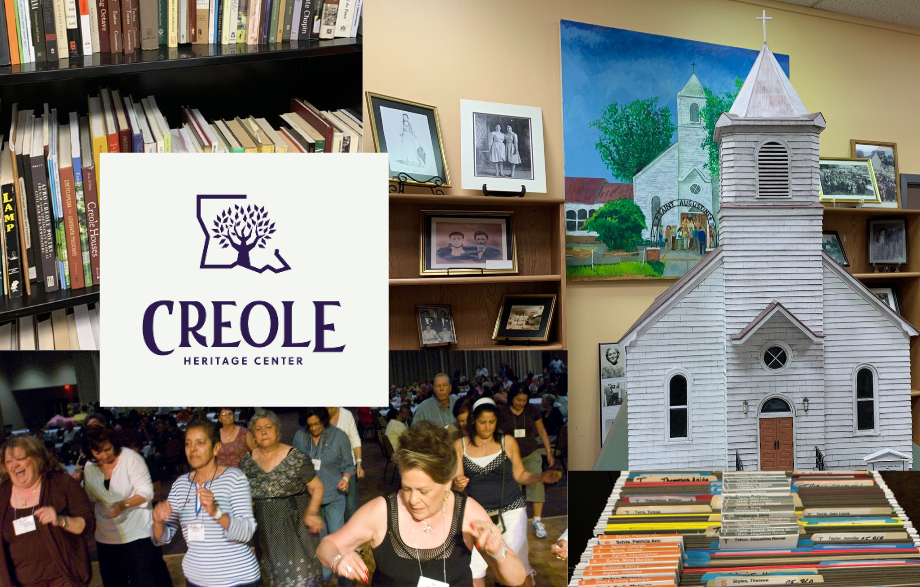May 13, 2025
NATCHITOCHES – Just a few hours Pope Leo XIV was named the first pontiff from the United States, genealogists and historians, such as Jari C. Honora at the Historic New Orleans Collection, were elated to find that the pope’s family is rooted in Louisiana’s Creole heritage.
“So far the confirmed ancestry information ties his family to New Orleans but I have no doubt it is only a matter of time before direct connections to other Creole communities throughout the state, including in Natchitoches Parish, become known,” said Dr. Kent Peacock, director of the Creole Heritage Center at Northwestern State University.
“It’s been incredibly inspiring to see so many family historians within the Louisiana Creole community generously share their knowledge and support others—highlighting not only the deep genealogical expertise found among everyday community members, but the profound importance in Creole culture of family and honoring one’s ancestors,” Peacock said.
The Creole Heritage Center itself began in part to trace and preserve the genealogies and family histories of this key part of Louisiana’s heritage and its communities today. Begun over 25 years ago, the Center remains the only entity at a public or private university in Louisiana exclusively devoted to preserving, educating and advocating the value and significance of the vibrant Louisiana Creole people and their culture. Starting with the past leadership of the late Terrel Delphin, Jr., the late Janet Ravare-Colson, Dr. Pete Gregory, and Loletta Wynder, the Center has brought together scholars and community members to share and teach others how to record the traditions and histories of Louisiana Creoles, given Louisiana Creoles a voice in their own history through publications and documentary films and created a Resource & Genealogy Library on NSU’s Natchitoches campus.
“The Center is thrilled at how this momentous occasion has encouraged so many to learn more about this significant, but still often overlooked or misunderstood, part of Louisiana and the nation’s history,” shared James Billeaudeau, chairman of the Center’s Advisory Council.
Louisiana Creoles have very deep roots in the United States, predating the arrival of Acadians to Louisiana and extending over 120 years before the Louisiana Purchase.
“Their unique cultural traditions and identity transcend race, phenotype, and continental origins,” Peacock said, “but they share a heritage centered around Louisiana landscapes, Roman Catholicism and speaking French, Creole and/or Spanish.”
Today, many still call Louisiana home, but Louisiana Creoles live throughout the United States and the world.
For those interested in learning more about Louisiana Creoles, several of the Center’s publications are available on its website at www.nsula.edu/creole, with work ongoing to expand digital and in person access to more of its holdings from its Resource & Genealogy library.
“The Center is particularly excited about new curriculum materials for K–12 educators and lifelong learners, which it will begin to roll out later this year. Stay in the know on the pope’s Creole connections and the Center’s resources by following the Center on Facebook and Instagram or sign up on the Center’s website to receive its eNewsletters,” Peacock said.
Visitors are welcome to view the Center’s exhibits at its location in Kyser Hall on NSU’s Natchitoches campus. The Center is generally open Monday-Thursday from 8 a.m.-4 p.m., but appointments are encouraged. Contact the Center at (318) 357-6685 or creolecenter@nsula.edu.

